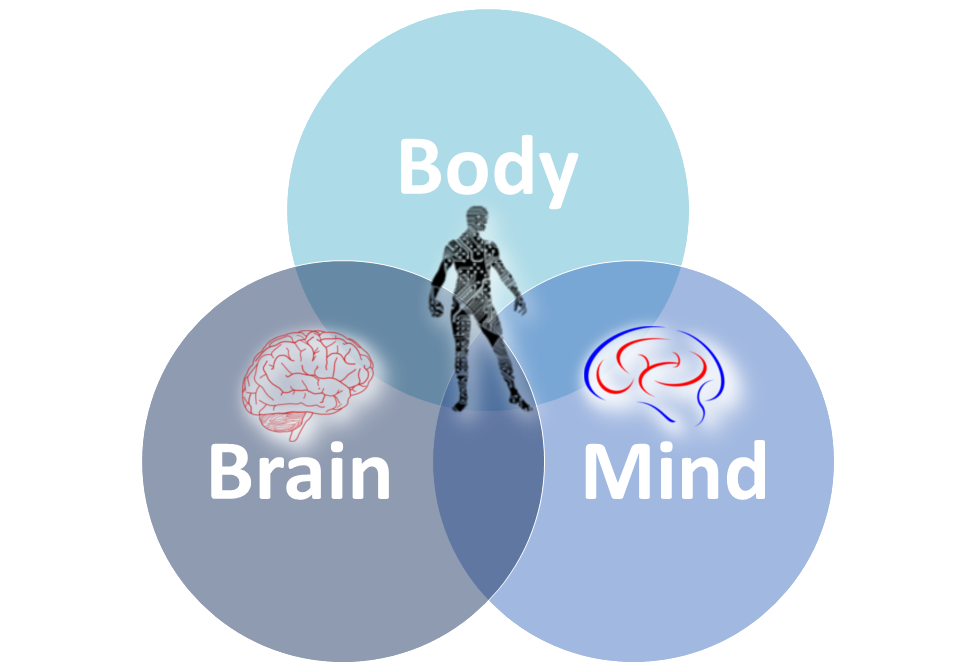The Body, the Brain, the Mind
Why do we cooperate? Why do we hate or kill? How do we come to show concern for others? What is a person? We must care about this question: what is a person? The answer to this question will help us understand the development of caring. The body, the brain, the mind, the self, and identity emerge from one another, determine one another, act on one another. And we care about these dynamic emergent relationships. The body and brain support the mind. Each has its own powers and liabilities to make us a person. And of course, the body, brain and mind are situated within social and cultural contexts that matter. We believe that the current enthusiasm for neuroscience has resulted in neuro-reductionism, a new kind of dualism. And while there is no doubt that emotions and thoughts leave traces in the brain, this has resulted in claims which hold that all mental states are reducible to brain states. With this way of thinking disturbances of mind are nothing more than chemical imbalances; thus, we should not treat individuals. We should treat brains. Yet all of the evidence points to the role of the environment in a person's life history and in the formation of the brain. We believe that the brain, properly understood, is a social and historical organ as much as it is biological. This more richly philosophical approach, derived from critical realism, argues that minds are surely rooted in but not reducible to brains. Understanding these complicated and emergent relationships requires a sophisticated philosophy of science. See our blog on the role of theory in practice. And, our blog: Has Mindfulness Gone Too Far?
What about the body? Too often we ignore the body. Our healthcare system invests very little in preventive medicine and nutrition yet we know millions of people suffer from easily preventable diseases, many of which result from poor nutrition and lack of exercise.
A caring society attends to all of these complicated and interdependent relationships: body, brain, mind, self and identity.
On the Blog - Modes of Caring - Mind | Body | Brain
